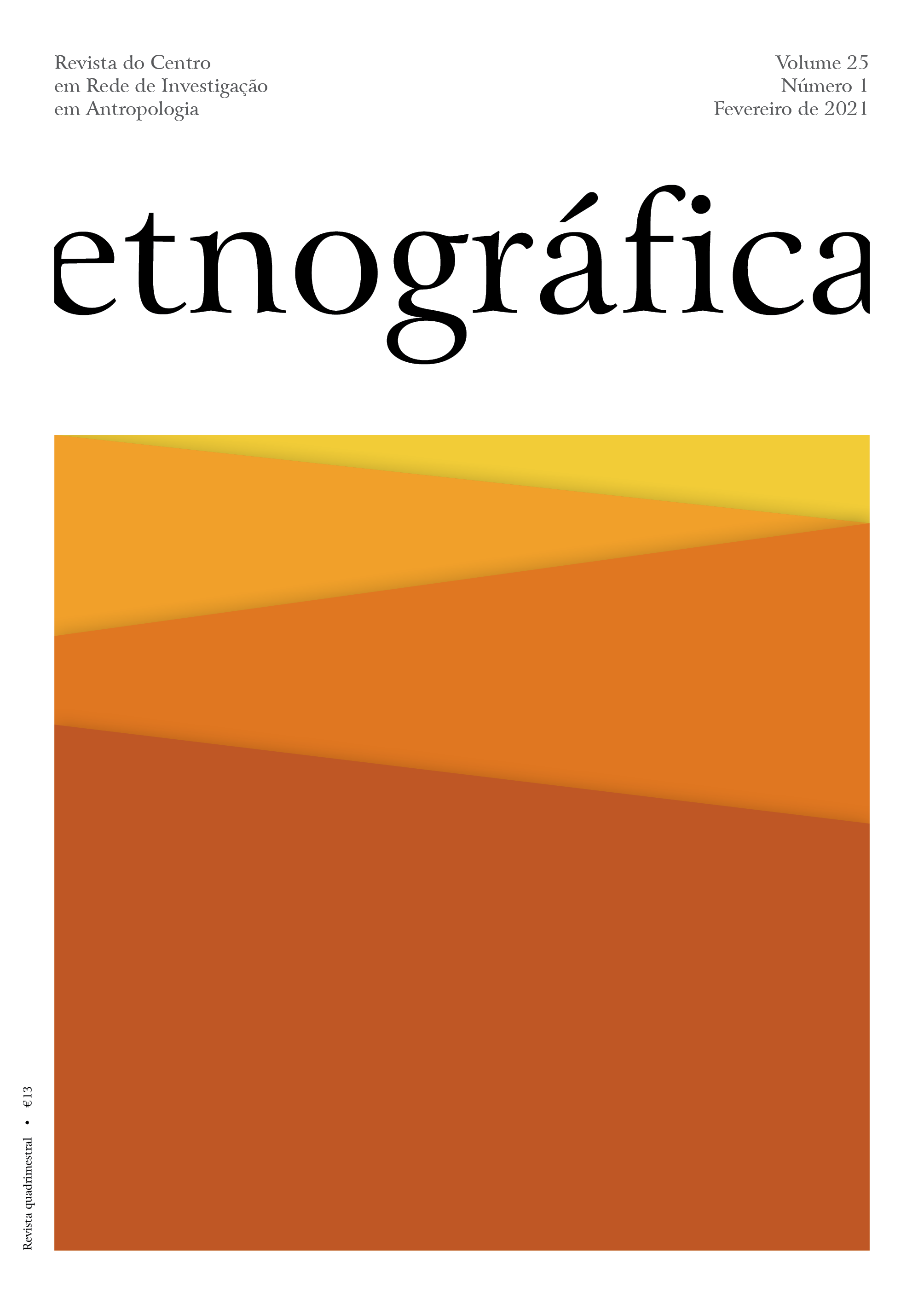Popular Brazilian Portuguese through capoeira: from local to global
Resumen
The present study examines the process of globalization of popular Brazilian Portuguese (PBP) through the spreading of capoeira outside Brazil. Based on ethnographic fieldwork in New York City and eight years of capoeira practice, my objective is to demonstrate that PBP is the variety of Portuguese that is exported abroad by Brazilian capoeira practitioners, and that non-Brazilian ones are learning this non-standard variety of Brazilian Portuguese as essential to their identity as a community of practice. Consequently, PBP is being detached from language ideologies related to lower social classes originating in Brazil during colonial times, but is still attached to Brazilian national identity and the resistance of blacks to slavery. In demonstrating how the use of PBP extends beyond Brazilian non-elites to also include an international community, I argue that PBP is currently being linked to other forms of symbolic capital by virtue of its increasing use in globalizing contexts.


